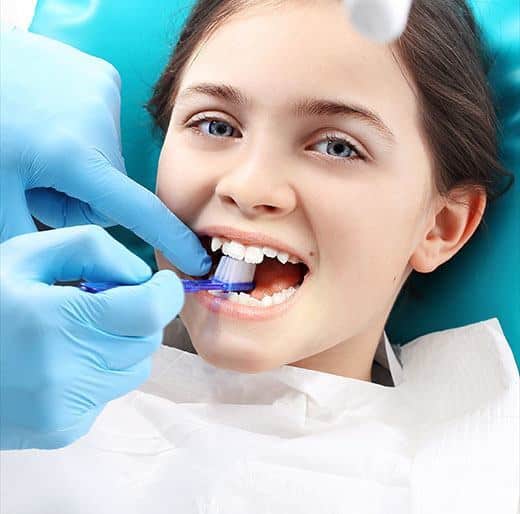
Tooth decay is a common oral health problem affecting millions worldwide. It is caused by the buildup of plaque, a sticky film of bacteria that forms on the teeth and gums. This plaque produces acid that eats away at the enamel, the hard outer layer of the tooth, causing holes or cavities to form. If left untreated, tooth decay can lead to serious oral health problems, including tooth loss and infection. In this article, we will explore the causes of tooth decay and discuss ways to prevent it. See over here to choose the best dentist JVT Dubai.
Causes of tooth decay:
Several factors contribute to the development of tooth decay. The most common cause is poor oral hygiene. When we don’t brush and floss our teeth regularly, plaque can build up on the teeth and gums, creating an environment conducive to bacteria growth. This bacteria produces acid that eats away at the enamel, causing cavities to form.
Another major cause of tooth decay is a diet high in sugar and carbohydrates. When we consume sugary or starchy foods, the bacteria in our mouths feed on these sugars and produce acid as a byproduct. This acid can erode the enamel and cause cavities to form.
Prevention of tooth decay:
The good news is that tooth decay is preventable. By following a few simple steps, you can protect your teeth and gums from the harmful effects of plaque and acid.
The first step in preventing tooth decay is to practice good oral hygiene. This means brushing your teeth twice daily with fluoride toothpaste and flossing daily. Brushing and flossing help remove plaque and food particles from the teeth and gums, decreasing the risk of tooth decay.
Another important step in preventing tooth decay is to limit your intake of sugary and starchy foods. These foods can feed the bacteria in your mouth and increase the risk of tooth decay. Instead, opt for a diet rich in fruits and vegetables, packed with vitamins and minerals that are good for your teeth and gums.
If you have a dry mouth, there are several things you can do to help. Drinking water can help to keep the mouth hydrated, and chewing sugar-free gum can help to stimulate the flow of saliva. You can also talk to your dentist about saliva substitutes that help keep the mouth moist.